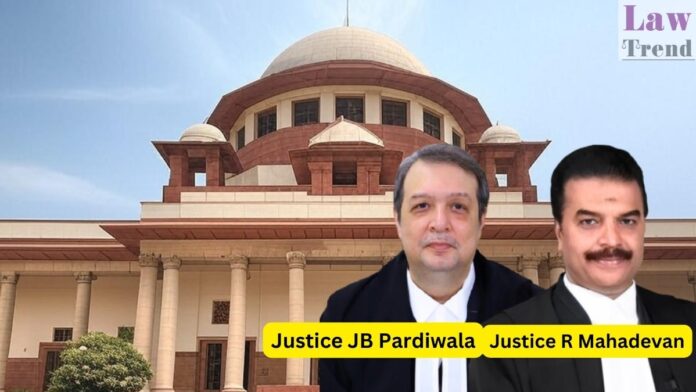In a landmark ruling, the Supreme Court of India upheld the acquittal of Raghuvir Singh, who was earlier convicted of murder under Section 302 of the Indian Penal Code (IPC). The Court emphasized that the failure to name all perpetrators in the First Information Report (FIR) is unnatural and weakens the complainant’s credibility under Section
To Read More Please Subscribe to VIP Membership for Unlimited Access to All the Articles, Download Available Copies of Judgments/Order, Acess to Central/State Bare Acts, Advertisement Free Content, Access to More than 4000 Legal Drafts( Readymade Editable Formats of Suits, Petitions, Writs, Legal Notices, Divorce Petitions, 138 Notices, Bail Applications etc.) in Hindi and English.




